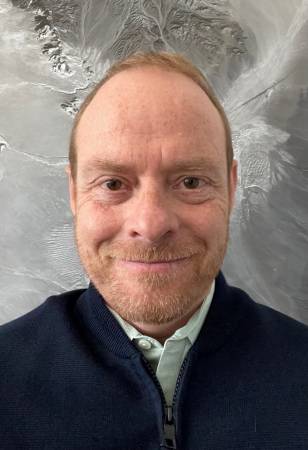Seminar
Anticipating the Future: forecasting the dynamics in multiple levels of abstraction
Abstract: A key navigational capability for autonomous agents is to predict the future locations, actions, and behaviors of other agents in the environment. This is particularly crucial for safety in the realm of autonomous vehicles and robots. However, many current approaches to navigation and control assume perfect perception and knowledge of the environment, even though [...]
Learning to Perceive Videos for Embodiment
Abstract: Video understanding has achieved tremendous success in computer vision tasks, such as action recognition, visual tracking, and visual representation learning. Recently, this success has gradually been converted into facilitating robots and embodied agents to interact with the environments. In this talk, I am going to introduce our recent efforts on extracting self-supervisory signals and [...]
Open Challenges in Sign Language Translation & Production
Abstract: Machine translation and computer vision have greatly benefited of the advances in deep learning. The large and diverse amount of textual and visual data have been used to train neural networks whether in a supervised or self-supervised manner. Nevertheless, the convergence of the two field in sign language translation and production is still poses [...]
The Search for Ancient Life on Mars Began with a Safe Landing
Abstract: Prior mars rover missions have all landed in flat and smooth regions, but for the Mars 2020 mission, which is seeking signs of ancient life, this was no longer acceptable. To maximize the variety of rock samples that will eventually be returned to earth for analysis, the Perseverance rover needed to land in a [...]
3D Recognition with self-supervised learning and generic architectures
Abstract: Supervised learning relies on manual labeling which scales poorly with the number of tasks and data. Manual labeling is especially cumbersome for 3D recognition tasks such as detection and segmentation and thus most 3D datasets are surprisingly small compared to image or video datasets. 3D recognition methods are also fragmented based on the type [...]
Rapid Adaptation for Robot Learning
Abstract: How can we train a robot to generalize to diverse environments? This question underscores the holy grail of robot learning research because it is difficult to supervise an agent for all possible situations it can encounter in the future. We posit that the only way to guarantee such a generalization is to continually learn and [...]
Robotic Cave Exploration for Search, Science, and Survey
Abstract: Robotic cave exploration has the potential to create significant societal impact through facilitating search and rescue, in the fight against antibiotic resistance (science), and via mapping (survey). But many state-of-the-art approaches for active perception and autonomy in subterranean environments rely on disparate perceptual pipelines (e.g., pose estimation, occupancy modeling, hazard detection) that process the same underlying sensor data in [...]
Humans, hands, and horses: 3D reconstruction of articulated object categories using strong, weak, and self-supervision
Abstract: Reconstructing 3D objects from a single 2D image is a task that humans perform effortlessly, yet computer vision so far has only robustly solved 3D face reconstruction. In this talk we will see how we can extend the scope of monocular 3D reconstruction to more challenging, articulated categories such as human bodies, hands and [...]
Enabling Grounded Language Communication for Human-Robot Teaming
Abstract: The ability for robots to effectively understand natural language instructions and convey information about their observations and interactions with the physical world is highly dependent on the sophistication and fidelity of the robot’s representations of language, environment, and actions. As we progress towards more intelligent systems that perform a wider range of tasks in a [...]
Looking behind the Seen in Order to Anticipate
Abstract: Despite significant recent progress in computer vision and machine learning, personalized autonomous agents often still don’t participate robustly and safely across tasks in our environment. We think this is largely because they lack an ability to anticipate, which in turn is due to a missing understanding about what is happening behind the seen, i.e., [...]









